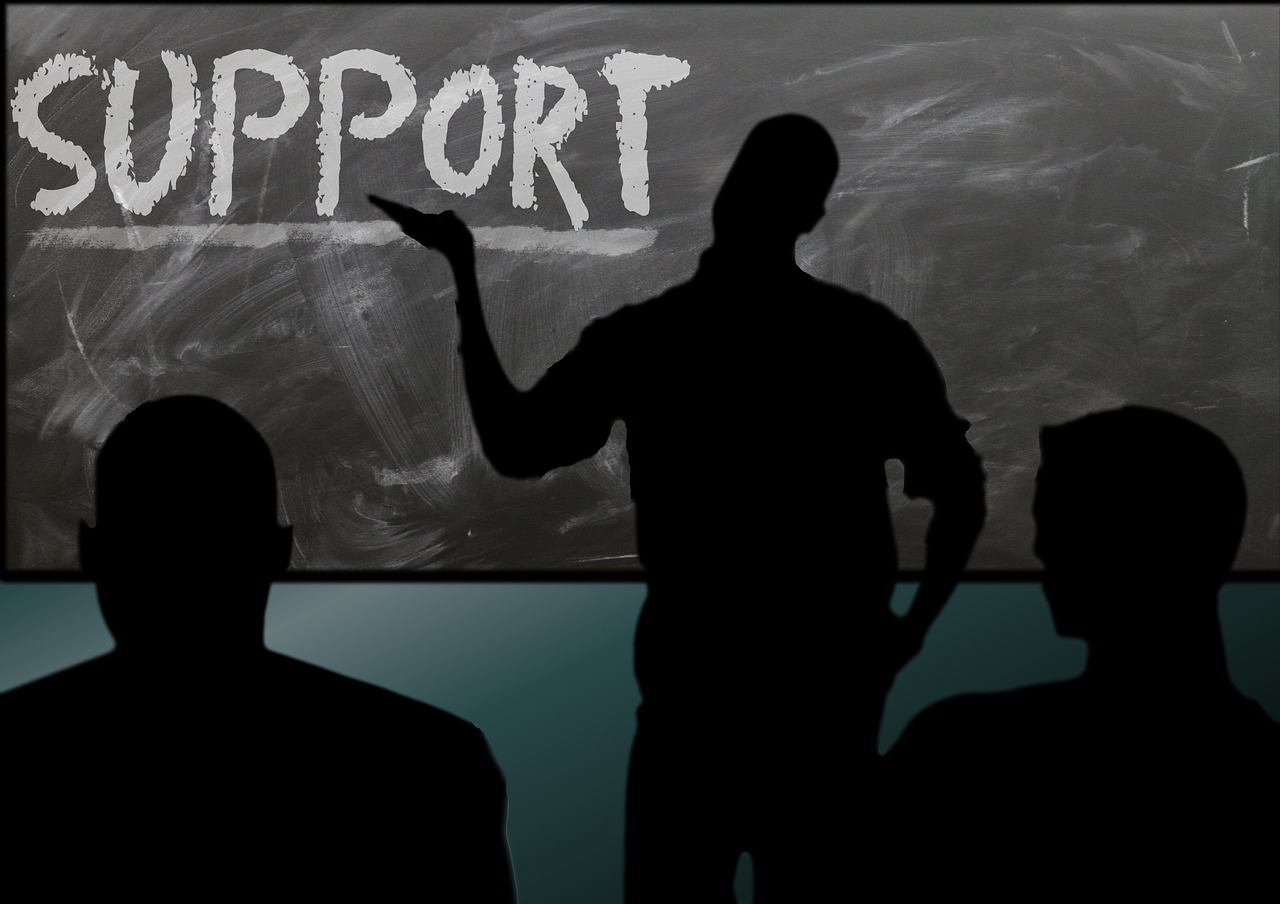In addiction recovery groups and treatment centers people often refer to concepts of the Higher Power and powerlessness in relation to the steps a person may take on the road to recovery.
A Discussion of Powerlessness and the Higher Power
According to the National Institute on Drug Abuse, almost all successful recovery programs include some sort of continuing counseling or peer support. Although there are several very popular addiction recovery programs, one of the most popular is the 12 step program. This program involves 12 essential steps to recovery along with abstinence from your drug of choice. The first few steps are crucial to the recovery program working. These steps are not only applicable to the 12 step process they have applications in almost every rehab setting including inpatient, outpatient, and holistic treatment styles. Many people believe there is a spiritual side of overcoming addiction regardless of religion or personal philosophy. It is important to understand the concepts of powerlessness and a higher power when dealing with addiction.
Call 800-934-1582(Sponsored) toll free anytime for help finding treatment for addiction.
What is the Principle of Powerlessness?
According to the Narcotics Anonymous handbook, the first step is overcoming the denial that most people feel when they are addicted. They think they can control the addiction or their drug use. This is not only a very dangerous belief, it is commonly held as an incorrect one. The principle of powerlessness is that everyone is powerless in the face of their addiction. They are not capable of controlling it. This is true in that they would not be addicts if they could control their drug use.
For quite a few people this philosophy works. The idea that they cannot control what they are powerless against is extremely attractive. It provides:
- freedom
- a clean slate
- the ability to start over
- a sense of no longer being responsible
There is no shame in understanding that you cannot control your addiction. Unfortunately, this leads to blaming someone or something else.
The Problem with Believing that You are Powerless
To some believing, that you are powerless is tantamount to believing that you are not responsible for the addiction. This philosophy is not what powerlessness is about. It is not about blaming someone else for the addiction, it is about accepting responsibility and knowing that there is nothing you can change it by yourself. There is a big difference between being powerless and not being responsible for your actions. Some studies suggest that nearly 74 percent of people who fit the definition of addiction give up their substance of choice all on their own without the belief that they are powerless. Some even argue that the concept of powerlessness is damaging to self-esteem, self worth, and taking responsibility for your actions.
The Principle of a Higher Power
Since the first step of any 12 step program is to admit that you are powerless and your life is unmanageable, it follows that there is something or someone who can help manage your life. The idea of giving up the addiction and your ability to control it is very attractive to someone who feels completely out of control.
The belief in a higher power does not absolve someone of their responsibility. It simply allows someone to be open to new ideas and new ways of beating the addiction. Although it is spiritual, it is not necessarily religious. The concept of powerlessness puts a person in the position to be open minded about outside influences.
Call 800-934-1582(Sponsored) toll free anytime for help finding treatment.
The Problems with a Higher Power Concept
There are a few problems with the concept of a higher power. This is not to say that it is not a solid belief or that someone should deny the existence of a spiritual higher power if they feel there is one.
One of the problems people encounter is it is a fundamentally spiritual concept. A belief system many have issues with. This problem may be countered with a belief in a higher power is not necessarily a godlike figure. It can be a belief in the program or a belief in the system or even a belief in yourself.
Another problem with the concept of giving yourself up to a higher power is the resistance you encounter from people who do not believe that a higher power can help. It is important to remember that this belief is a matter of personal choice. As long as you believe it no one else has to.
Powerlessness and the Higher Power
The fundamentals of a 12 step program depend on the ability to accept that the addiction is a flaw that you cannot overcome on your own. This thinking forces you to look outside yourself for a solution. Sometimes this is enough for you to overcome addiction, other times it is not. The belief that someone outside you can help is not necessarily just a 12 step program. Many holistic and spiritual practitioners believe the same thing. Giving your life up to a higher power regardless of the source is not easy and it takes dedication and will in order to allow positive influences in. By accepting you are powerless, you open yourself up to other ideas, which is the basic concept of a higher power.
The ideas of powerlessness and a higher power are a huge part of 12 step programs. Some people find comfort in these teachings while others do not. Whether you believe that you are powerless over yourself and that a higher power is there to help or if you believe that you are in control of your actions and that you can beat the addiction, the important part is to choose the beliefs that help you beat the drug. There is no right or wrong answer when it comes to addiction.
the Take-Away


